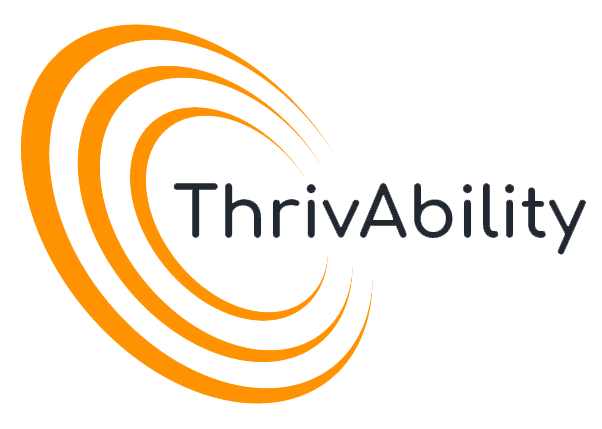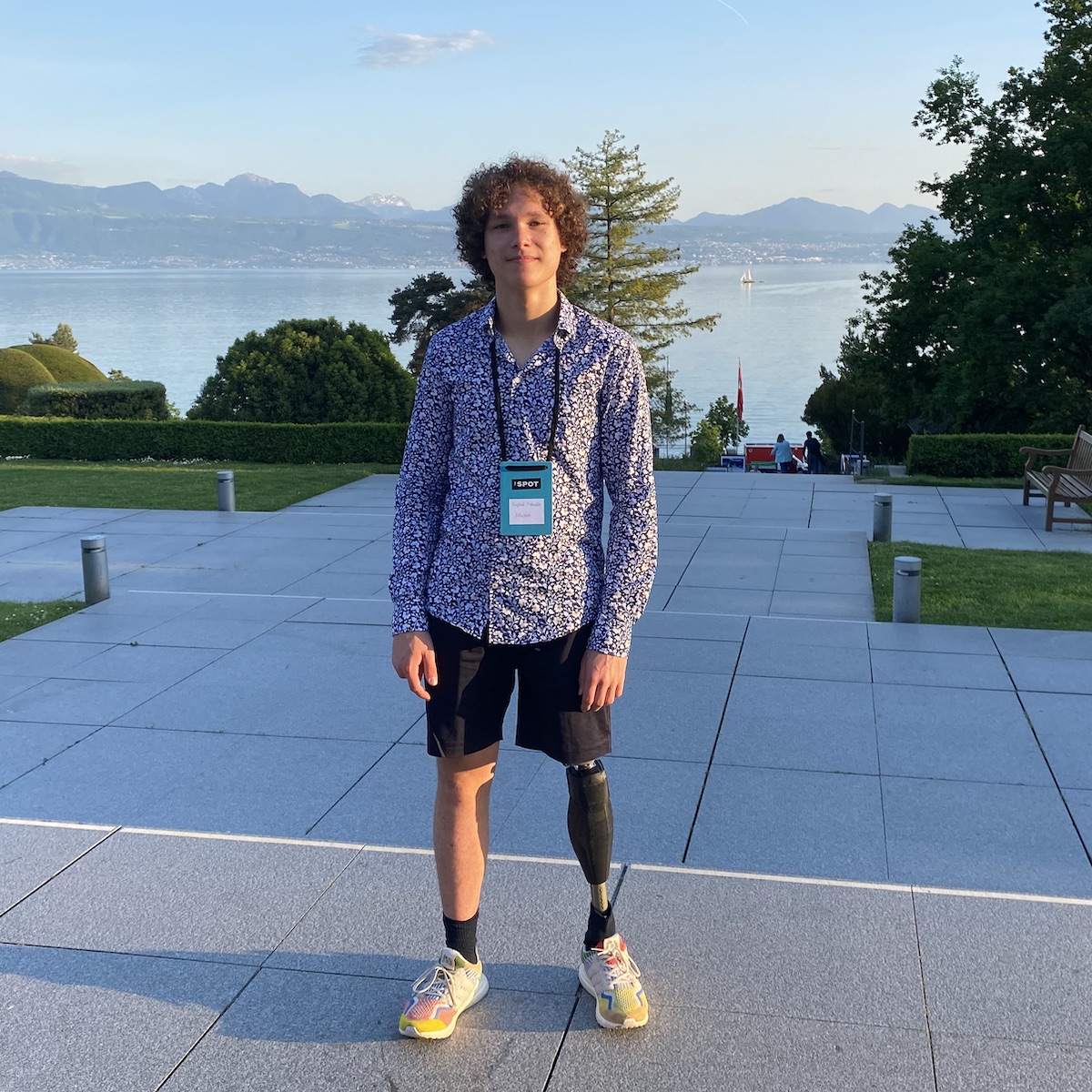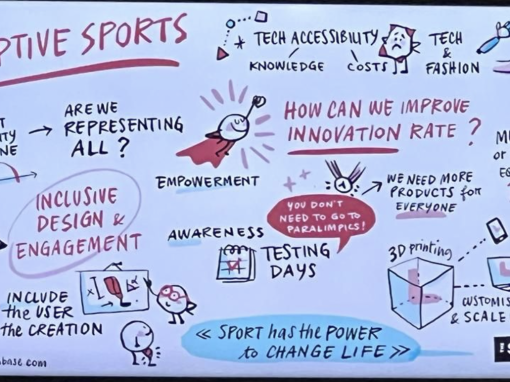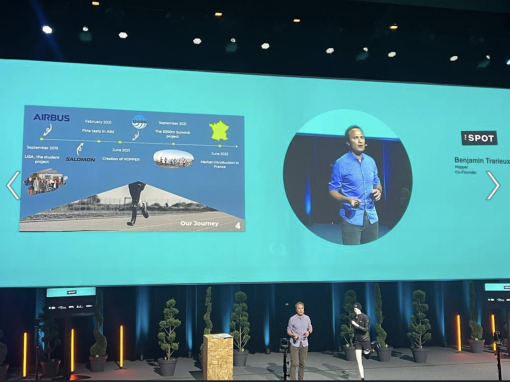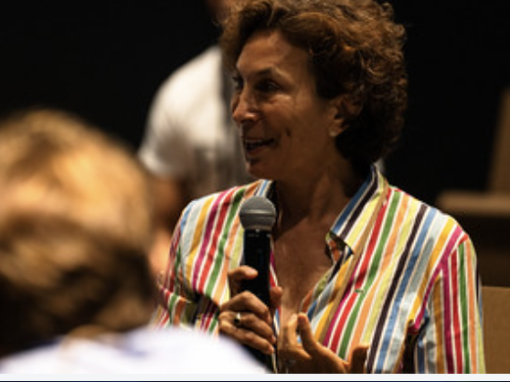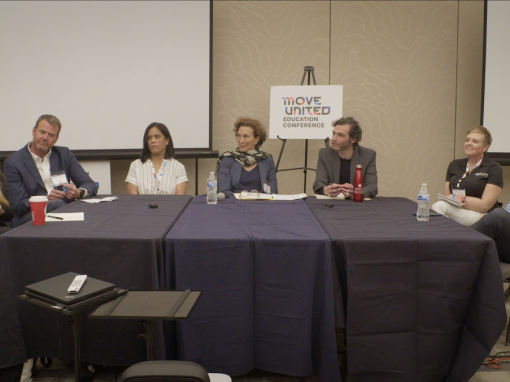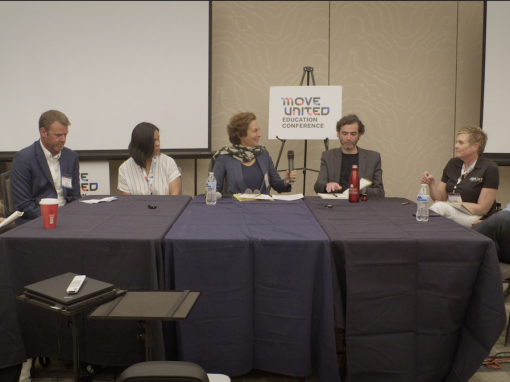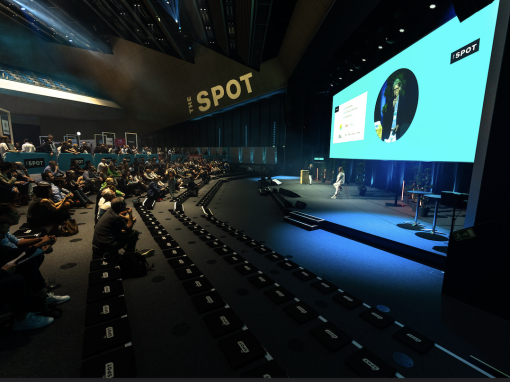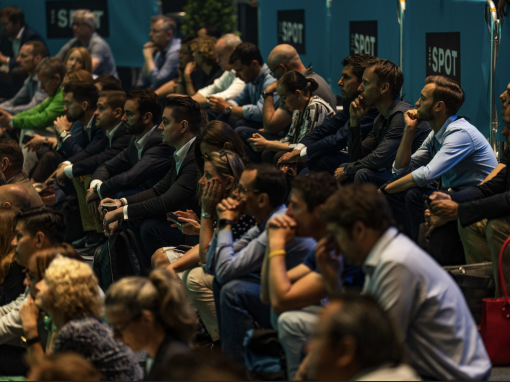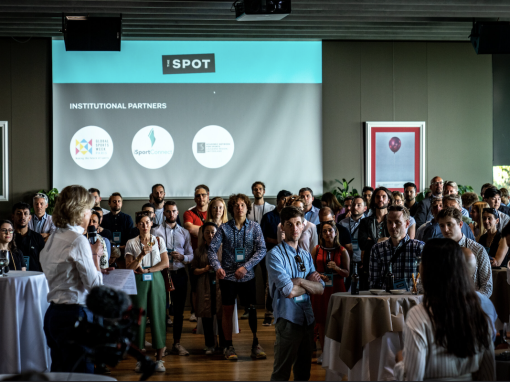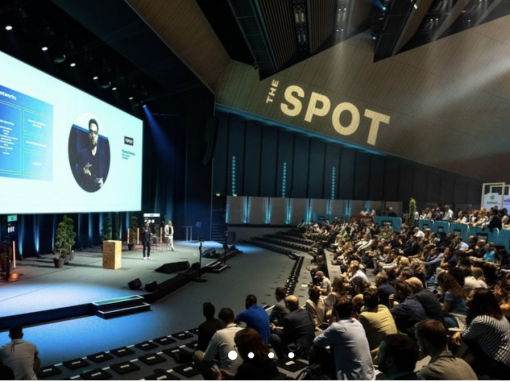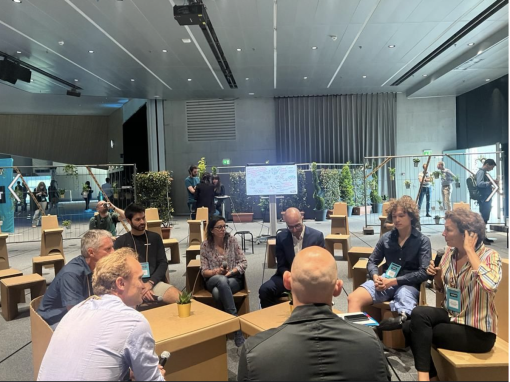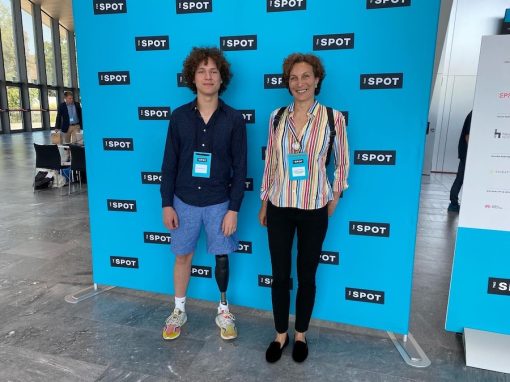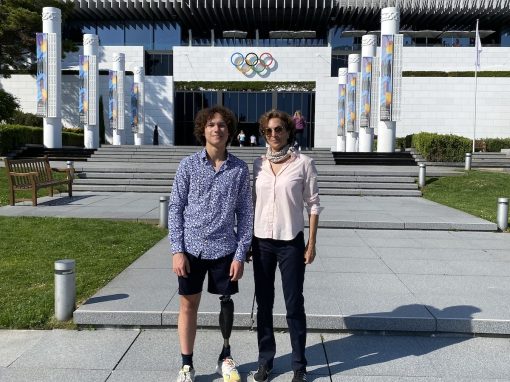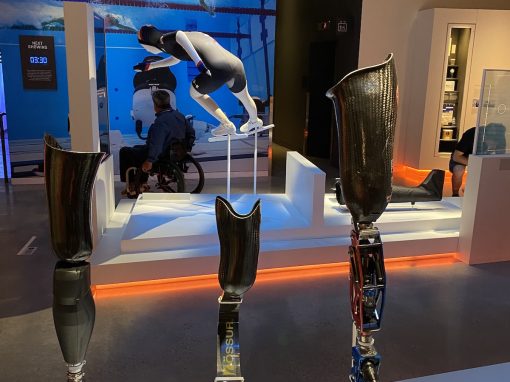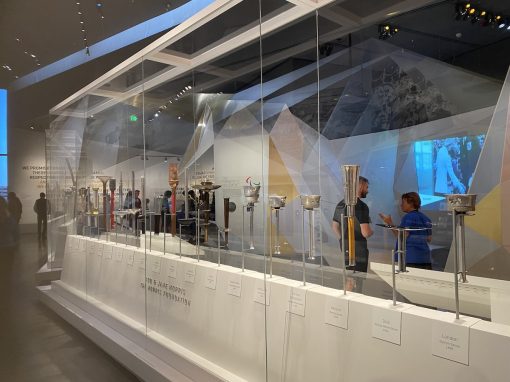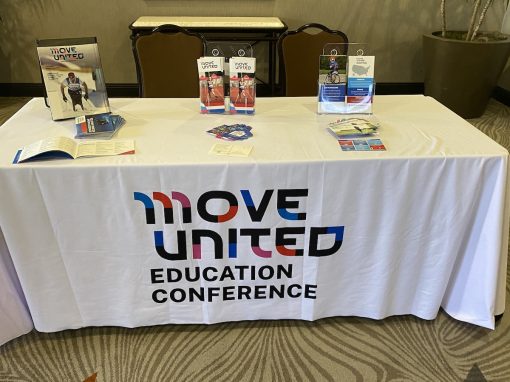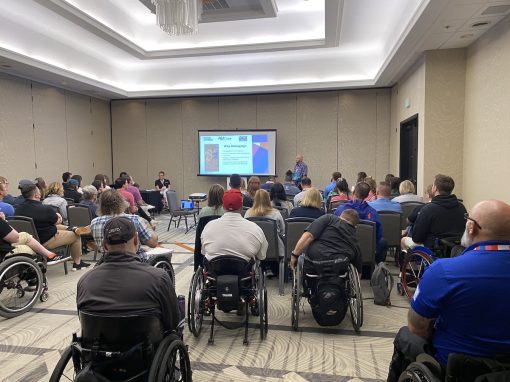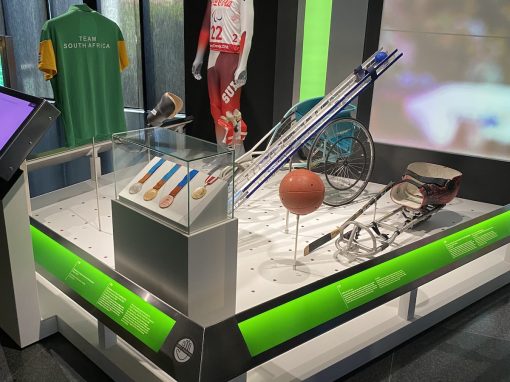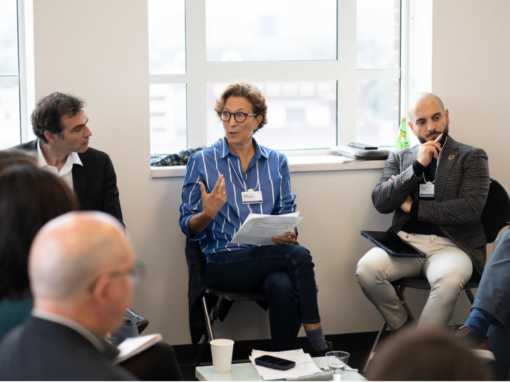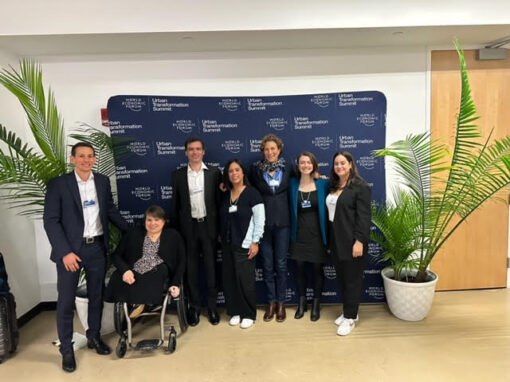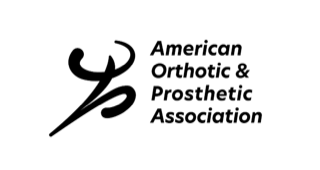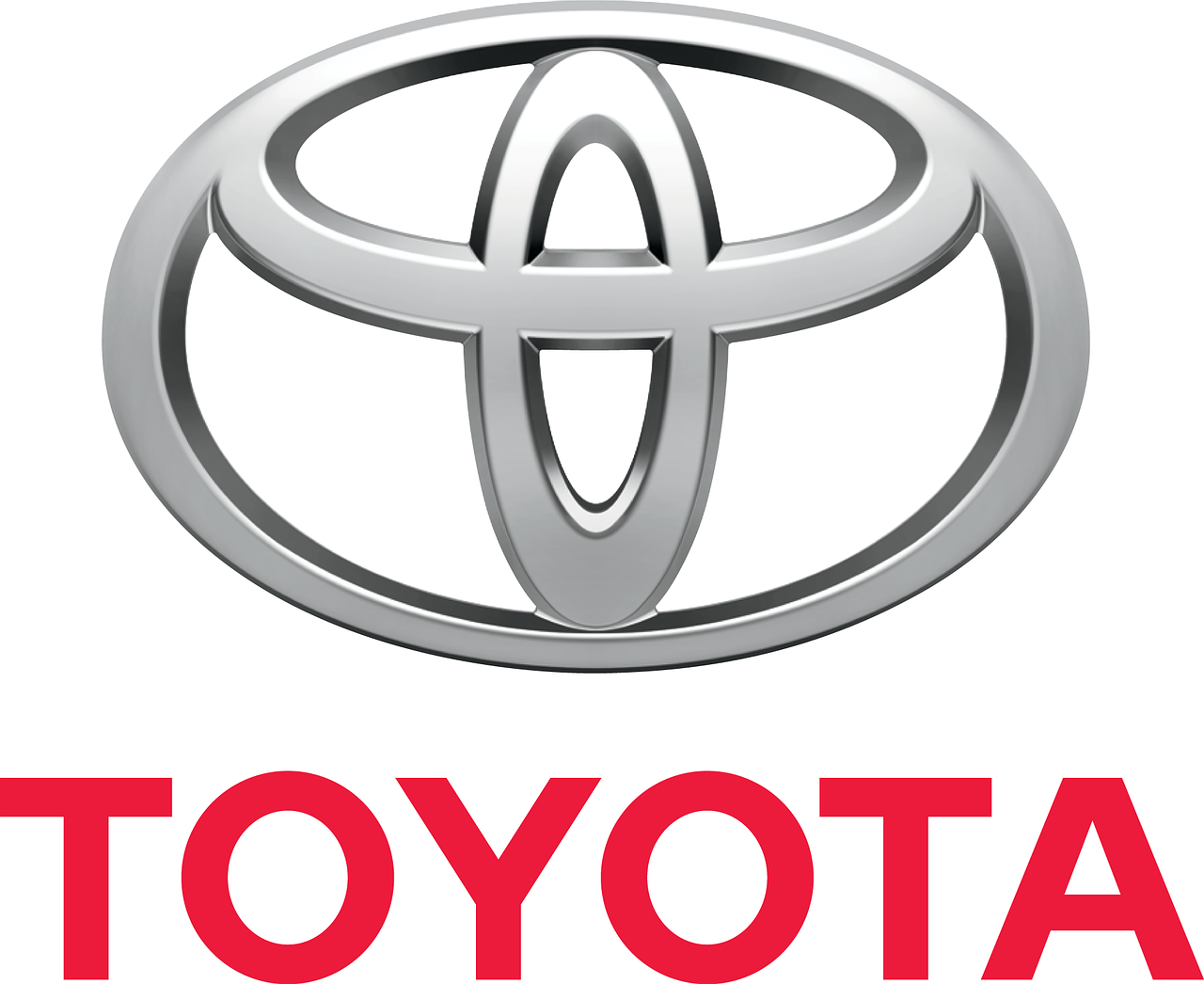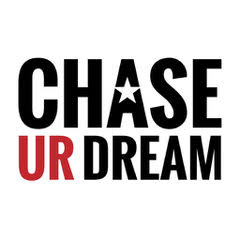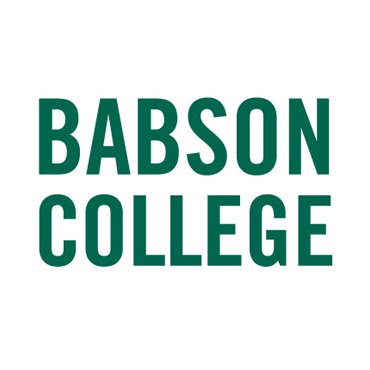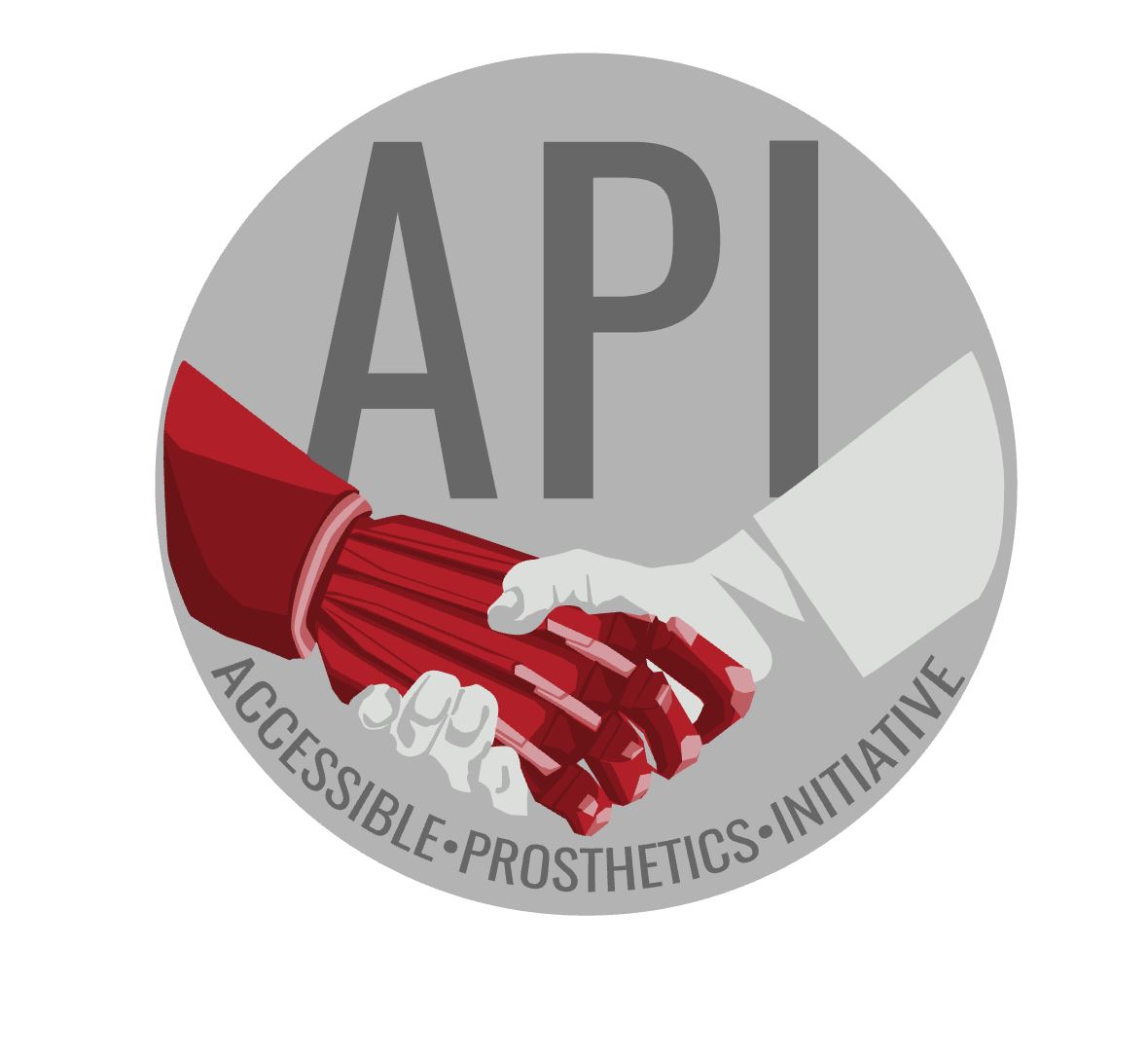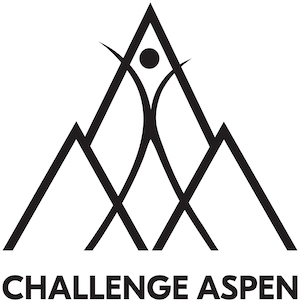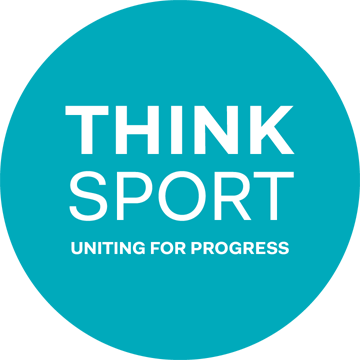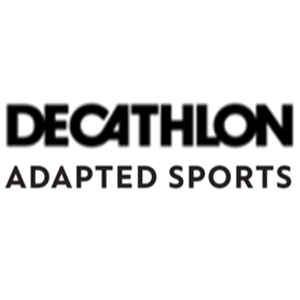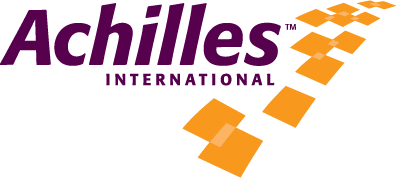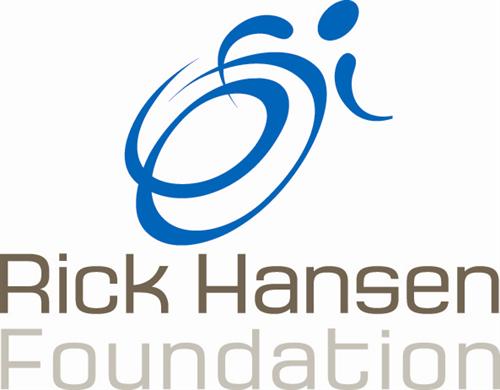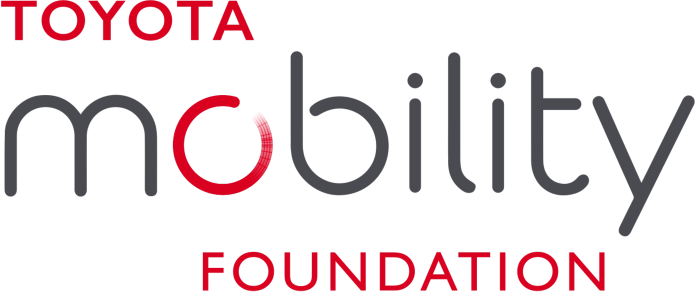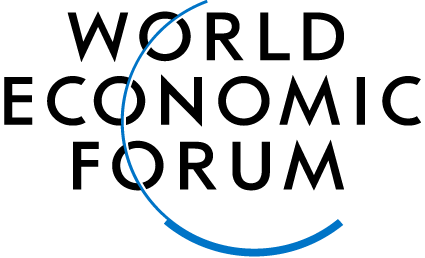
ThrivAbility is a social impact initiative
Using education, innovation and corporate engagement
To create a world where accessibility is universal
and every person– regardless of age or ability –
can participate, connect and thrive.
What moves you?

We believe… physical activity, social belonging, and independence can transform the lives of people with disabilities.

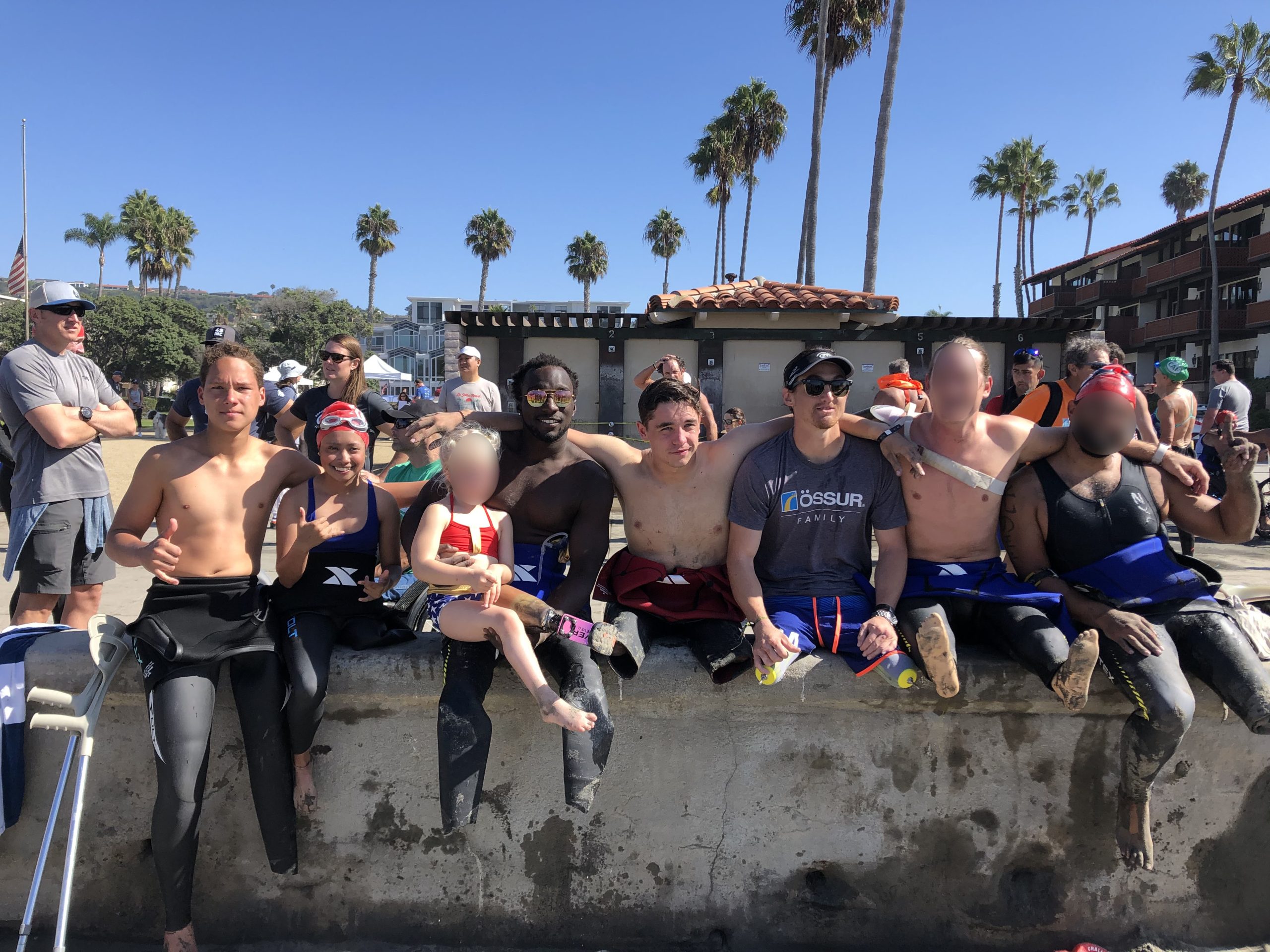
Our Mission
ACCELERATE INNOVATION – of assistive tech, personal mobility, and adaptive sport
INCREASE COLLABORATION – with corporations to bring them Beyond Code
Letter from the Founder…
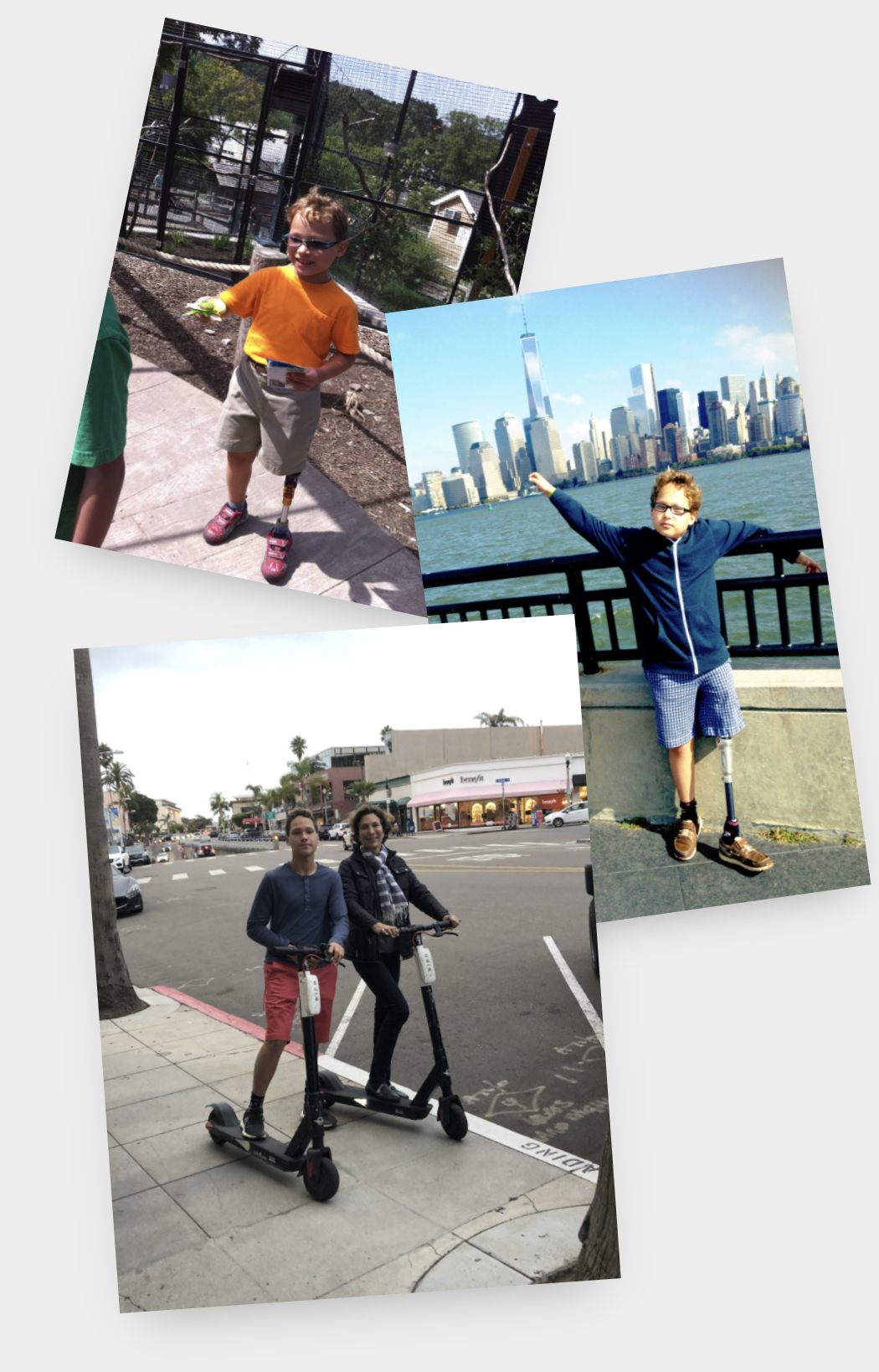
I have been involved with active mobility for 18 years through my son Raphael who was born with 1 leg. Like everyone, we discovered adaptive sport through “Word of mouth”. We found a local group where Raphael exercised, then trained, traveled and found a 2nd family.
Never before have I met people with the self-confidence, personal agency and loyalty of this community. At the CAF triathlon, I saw people of all ages, all abilities, drop their prostheses and chairs on the sand and dive into the ocean for a open water mile swim. It changed my view of “ability”. Seeing the beach littered with the equipment that brought them there was stunning.
This initiative was created to enable all people to be included. We envision a world where accessibility is universal and every person, regardless of age or ability, can participate, connect, and thrive. Thank you for being interested and for helping!


Education
Raise Awareness, around barriers effecting people with physical challenges and the aging population.

Innovation
Accelerate Innovation around assistive technology, personal mobility and adaptive sports.
We are unique in that we are looking for solutions to be integrated into the built environment.

Collaboration
The Beyond Code Movement Increase Colaboration (engage corporations to ensure that they go Beyond Code in all thst they do, sell and build.
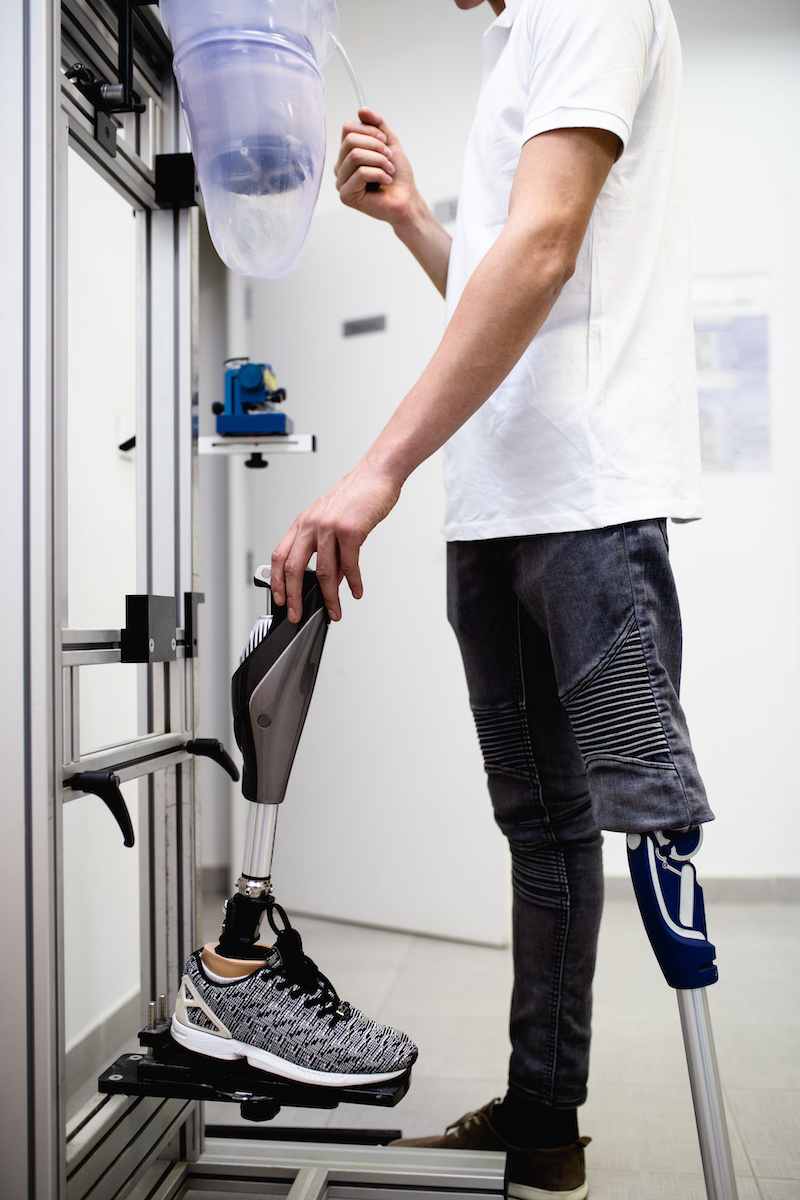
Innovation
Access Virtual Lab
- Pipeline for International Challenges & Cohorts
- Connections, and pathways to testing and funding
- Find innovation for phase 2-Studio
Testbeds
Startups looking to test and pilot Assessable tech into the built environment,, we invite you to submit a proposal.
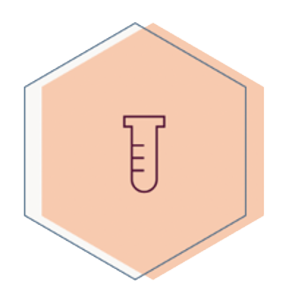
UTX Access Lab & Testbed
Using UTX and the downtown core as a living laboratory.
- To integrate, test and deploy new innovations
- Share in Data lake-Unique value
- Host in-person and virtual Challenges
- Co-branded Events
- Can be phase 2 from other accelerat
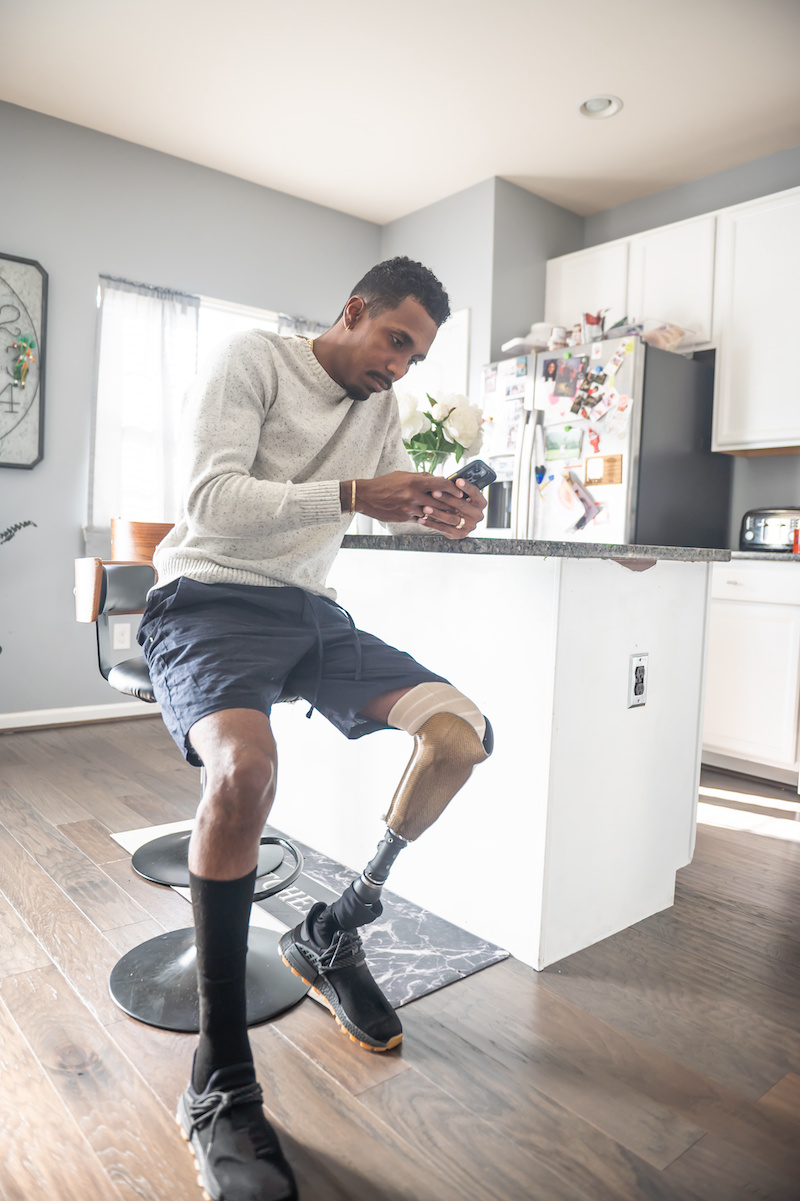
The Beyond Code Movement
Beyond Code Movement: Part of the ThrivAbility Ecosystem
We empower organizations to go Beyond Code™
To become leaders in accessibility and inclusion.
We partner to discover untapped markets, innovate
New products, insights and stories
To attract new customers, engage employees
and drive the bottom line
We help boost growth and improve brand reputation

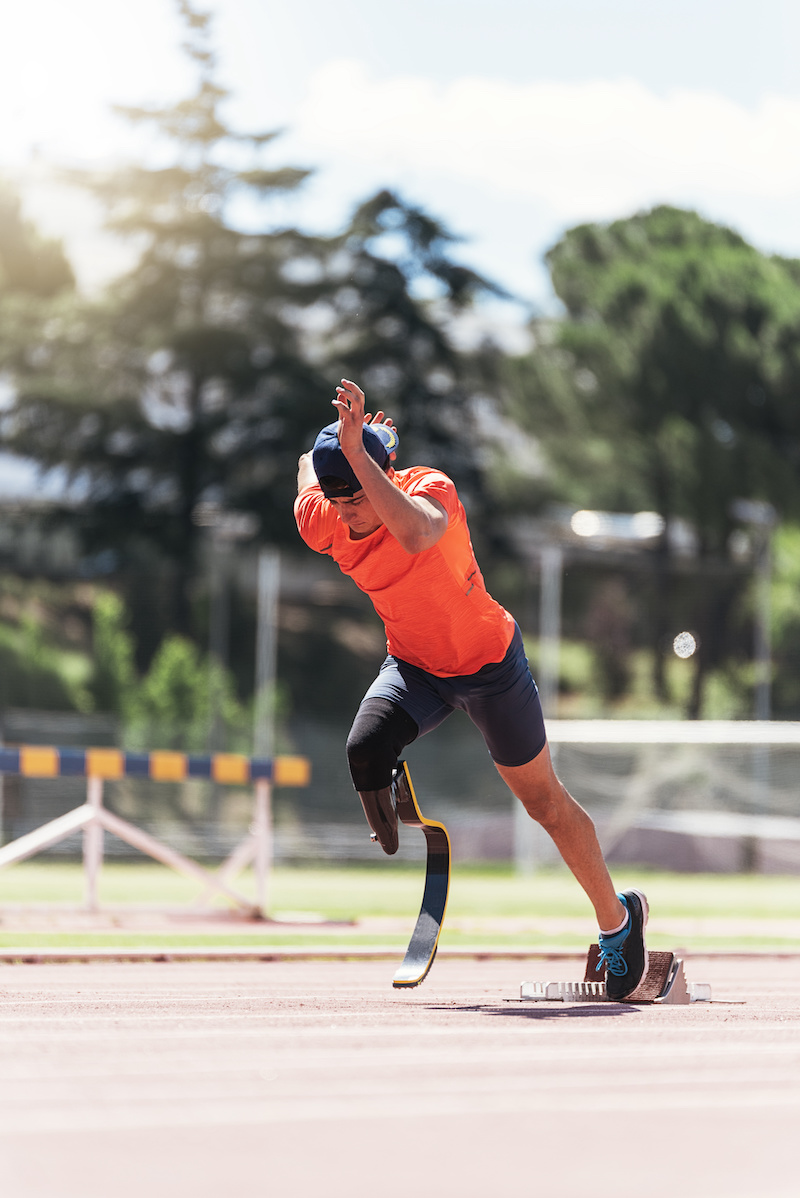
Education
Curated, Multistakeholder discussions to change the agenda from disabled to enabled.
AGENDA: Share new perspectives and generate strategies to increase awareness and strategic corporate, employee and community engagement.

The Spot Roundtable - In partnership with ThinkSport
Location: The SwissTech Convention center, Lausanne Switzerland: https://thespot.ch/
Participants: Hopper Running Blades, Airbus, Salomon, Adidas, DaesS port
Move United Education Conference
Location: Colorado Springs, CO https://moveunitedsport.org/education/2022-move-united-education-conference/
Participants: Toyota Mobility Foundation, All In Sport Consulting, Tolsma/Stockwell Prosthetics, Veterans’ Health Administration, MIT
World Economic Forum Urban Transformation Summit
Location: Detroit, MI https://www.weforum.org/urban-transformation-summit
Participants: Access Living, Toyota Mobility Foundation, University of Michigan, Detroit Disability Power
Leadership

Susan Pinkwater, MSW, MFA
Founder
Your Title Goes Here
Your content goes here. Edit or remove this text inline or in the module Content settings. You can also style every aspect of this content in the module Design settings and even apply custom CSS to this text in the module Advanced settings.
Read Susan's Bio
Susan is a passionate advocate for the rights of all humans, using her business acumen and marketing expertise as powerful tools to help start-ups start better and for established corporations to harness the power of good.
Co-founder of Pinkwater & Putman, one of the first Social Impact strategy consultancies working with organizations like The Fair Food Program, to protect the human rights of farm workers. P&P won multiple awards including, 1st place D&AD White Pencil Social Impact award, 1st and 2nd place Cynopsis Media Social Impact awards, CSR International award and runners up for Fast Company’s World Changing Ideas award and Shorty Social Good.
Prior to this, Susan was the founder of Atmosphere (later assumed by BBDO), one of the first global, full service digital advertising agencies and was Identified in Ad Week’s Top 100 and “One to Watch”.
Susan’s now spends 100% of her time focusing on creating access, inclusion and better lives for people with physical disabilities.
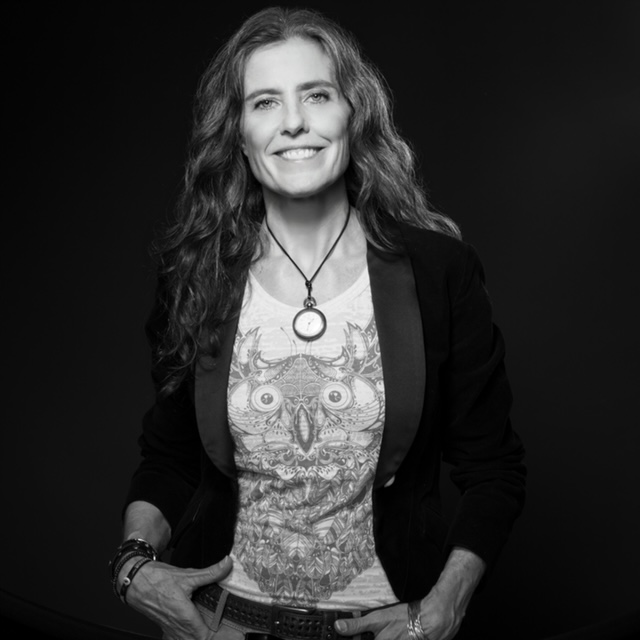
Liza Haffenberg
Managing Director of BeyondCode
Innovation Advisory Council

Anna Hellman
Board Director of Innovation
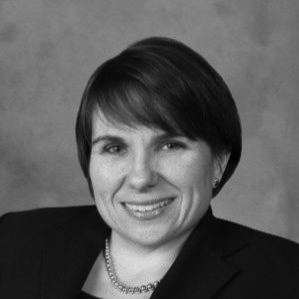
Karen Tamley
Access Living
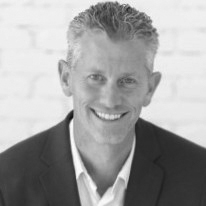
Doug Moore
Toyota
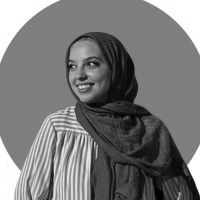
Francesca Riccio-Ackerman
Research Specialist
MIT Media Lab
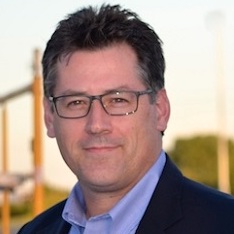
Glenn Merry
Executive Director
Move United

Cheryl Kaiser
Executive Director, The Lewis Institute and Babson Social Innovation Lab
Babson College
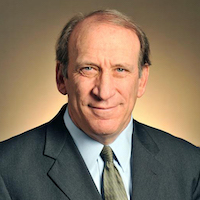
Blair Levin
Non-resident Senior Fellow
The Brookings Institute

Sally Searby
VP Global Markets
Renaissance Learning
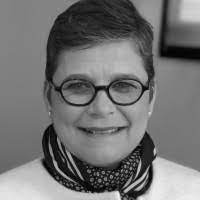
Chiqui Cartagena
Interim Executive Director, CUNY TV
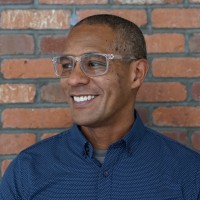
Jason Thompson
Senior Advisor, Diversity Equity and Inclusion
CAPE Inclusion
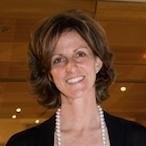
Emily Glasser
President and CEO, Achilles International
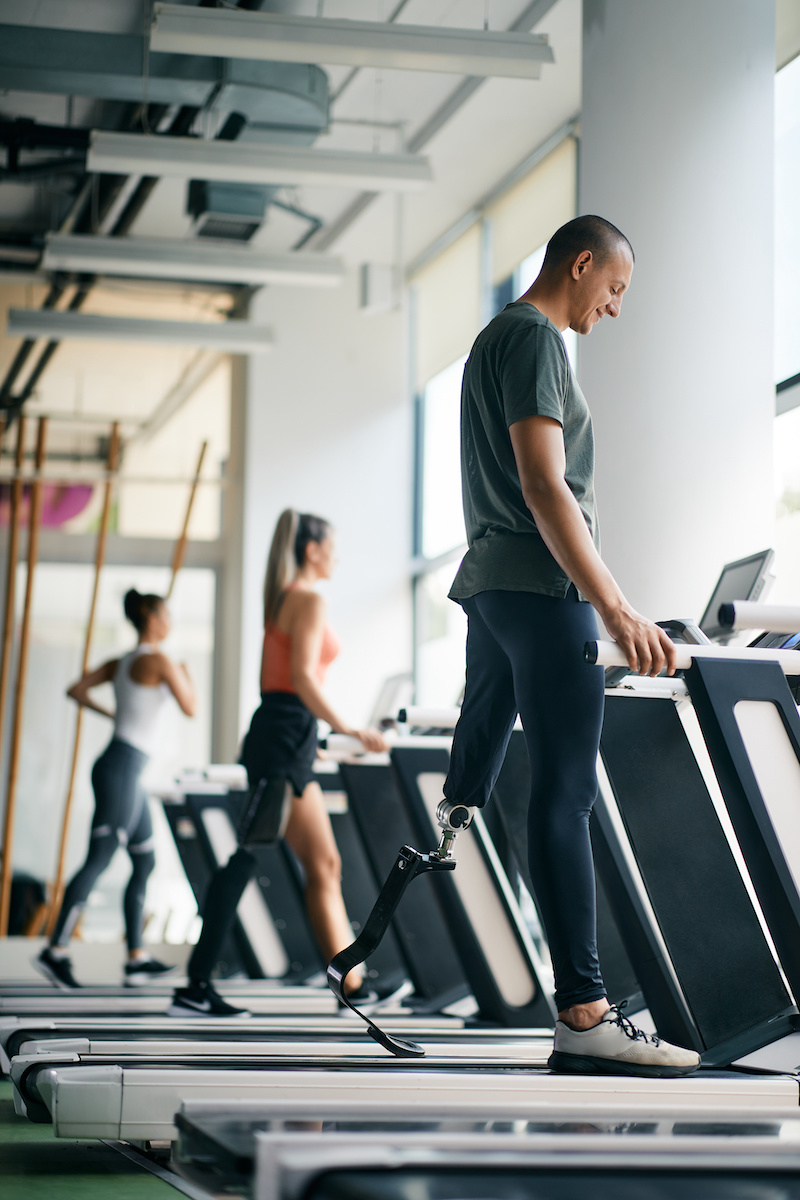
The Invisible 1B
The World Bank estimates that there are more than 1billion people worldwide live with a disability. As consumers, they represent a market the size of the United States, Brazil, Pakistan and Indonesia combined and a disposable income of more than $8 trillion
Consumers buy and work for brands with purpose and they care how corporations involve themselves in positive societal shifts, and they choose the products they buy and companies they work for based on these behaviors.
- 88% would prefer to buy a product from a Purpose-driven company
- 71% would purchase when cost and quality are equal
- 78% are more likely to remember a company with a strong purpose.
- 78% of those aged 18-24 are willing to spend more on a product or service.
- 66% would switch from a product they typically buy
- 78% would tell others to buy
- 68% are more willing to share content with their social networks *1
90% of companies have agreed to prioritize DE&I initiatives, but only 4% consider disability in those initiatives.
-According to a report from the Return On Disability Group

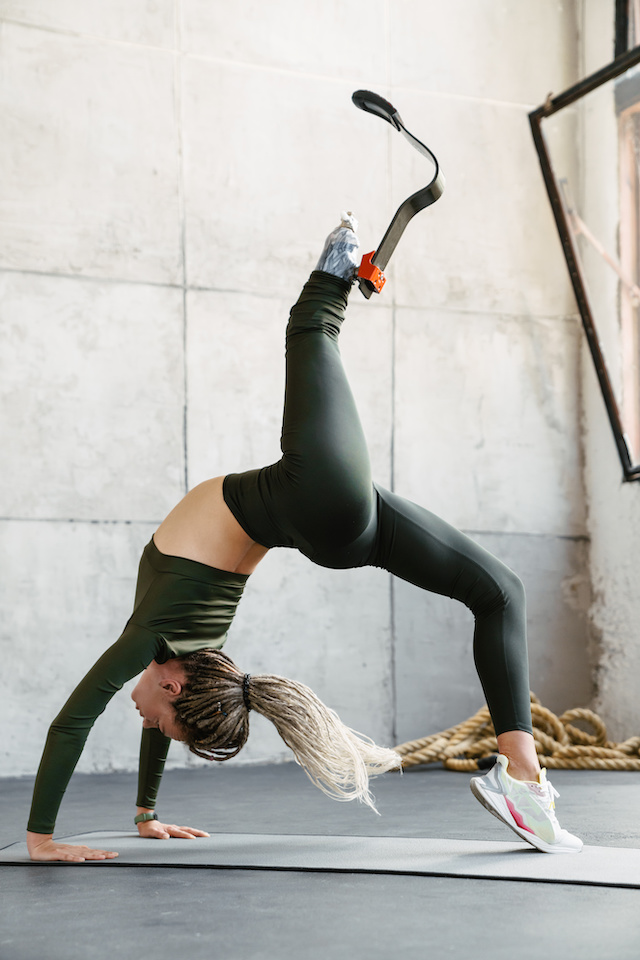



Background: Thrivability
For people with access to good insurance, knowledgeable doctors and advocacy there are good but expensive solutions to lack of mobility, but not to sports.
Nationally there are local adaptive sports organizations that work with children, veterans and adults. They organize programming, community events and coach and train their elite athletes as the pipeline to the Paralympics. They also request grants (to gift expensive adaptive sports equipment to enable participation.
The two largest granting and qualifying organizations are: Challenged Athletes Foundation, which has provided over 26,000 grants for equipment, raised over $112M and reached 20M people worldwide, and Move United, which grants equipment and organizes events, and including national awards for excellence and qualifying events for the Paralympics.
Move United is 3 years into their goal of bringing adaptive sport programming within 50 miles of 90% of people with a physical disability in the US. This is an incredible goal which will benefit the whole ecosystem.
But… how will people know about these programs and how, without adaptive sports equipment will they participate.
Thrivability aims to raise national awareness and to decrease the cost of equipment for mobility and sport so all people can participate.
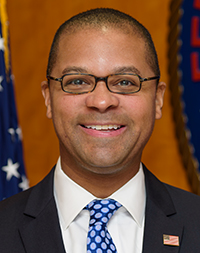

Address to the Disability Advisory Committee
Nothing about us, without us is not a slogan. It should guide every deliberation and action being taken in order to create and sustain a more equitable and just world.
Disability could negatively impact self-esteem, limit participation in recreational and social activities, create the potential for isolation (and) increase the chances of physical and mental health issues…
There is considerable evidence that..adaptive sports have the power to transform lives both in changing how personas with disabilities looks at themselves, as well as in how society treats them.
The tow barriers are..expensive sports equipment and lack of awareness that adaptive programs exist.
A new initiative called the Adaptive Sports Movement is holding Roundtables to address these issues, working with media companies to design strategies to raise awareness and tell more inclusive stories.
Geoffrey Starks
Commissioner FCC
